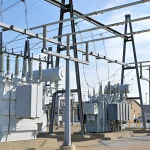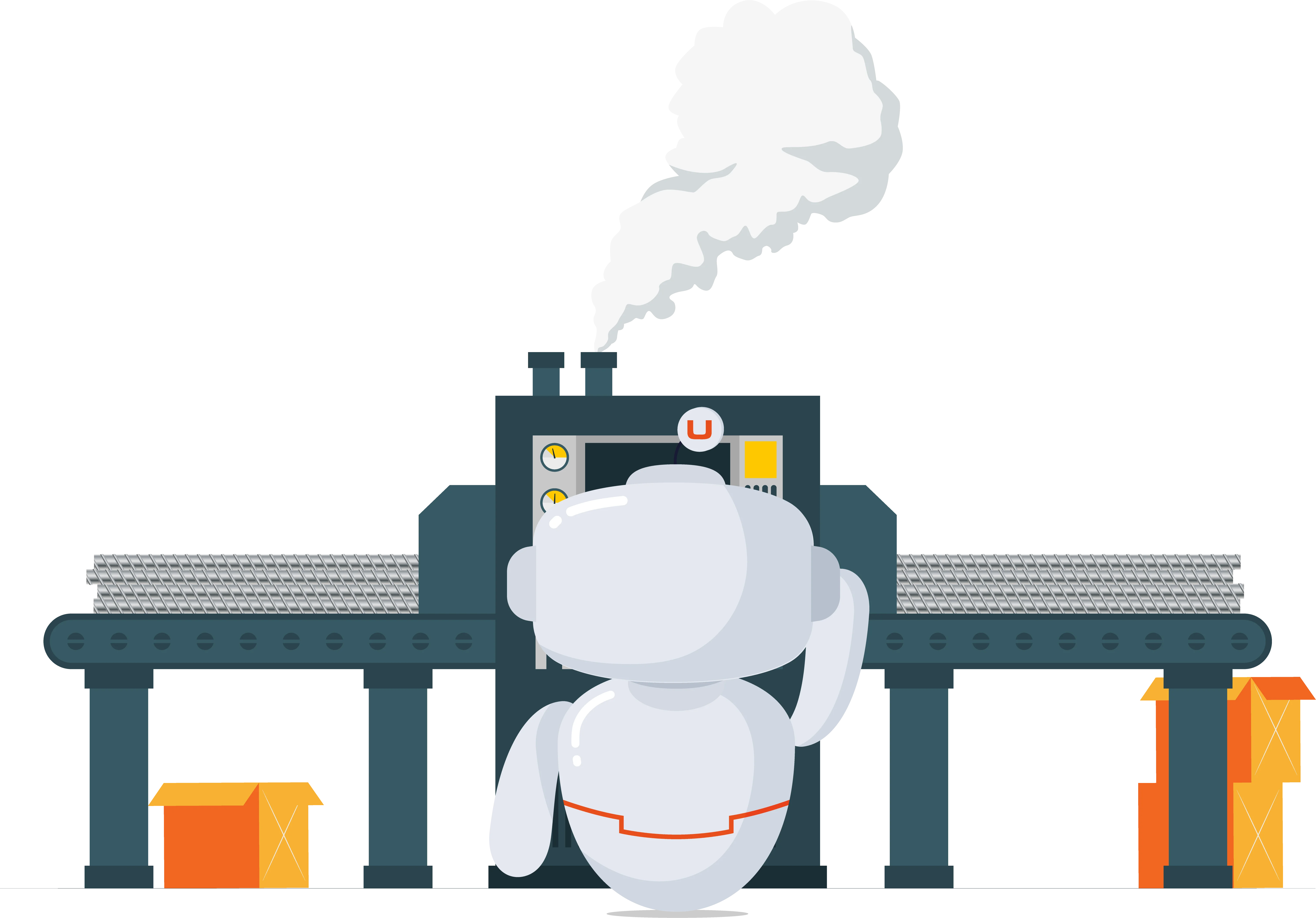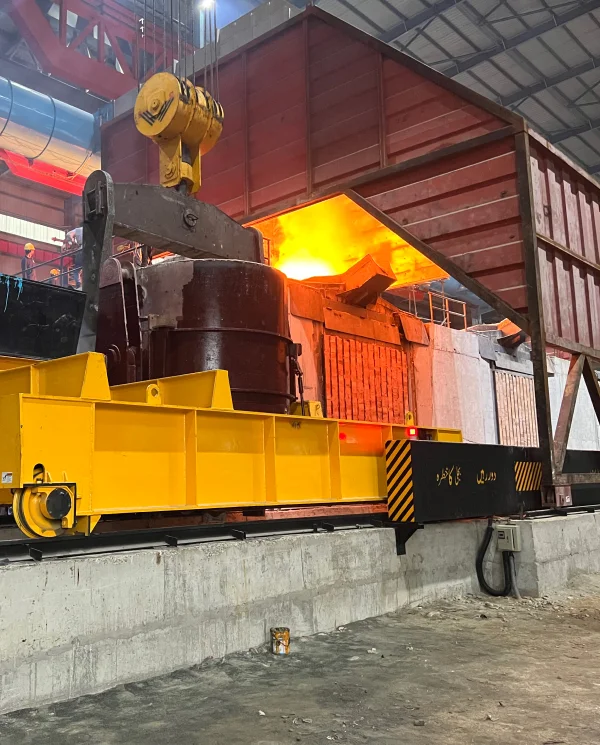
How Energy Prices Are Impacting Steel Production in Pakistan
Wednesday, June 11, 2025




Steel manufacturers in Pakistan and around the world are facing an increasingly difficult challenge: the rising cost of raw materials. From iron ore and coal to ferroalloys and refractories, almost every essential input used in steelmaking has experienced significant price volatility. This trend is driven by a combination of global supply chain disruptions, increasing demand, geopolitical tensions, inflation, and limited domestic resource availability.
For manufacturers who already operate on thin margins, these price hikes can severely impact profitability, production planning, and competitiveness in both local and international markets.
Introducing lower tariffs for industrial consumers to reduce production costs.
Providing low-interest loans and financial incentives to help mills invest in energy-efficient technologies.
Implementing structural reforms in the energy sector to ensure reliable and affordable power supply for industries
Implementing structural reforms in the energy sector to ensure reliable and affordable power supply for industries
Increase in raw material costs means a direct increase in cost per ton of Steel.


Harder to offer long-term contracts due to fluctuating input costs.
Especially challenging for SMEs and long-standing contracts signed before cost spikes.


Forced to adjust procurement strategies and manage supply shortages.
Industry leaders, including the Pakistan Association of Large Steel Producers (PALSP), are urging the government to implement measures to alleviate the crisis
Identify and collaborate with local suppliers where feasible. Develop partnerships that offer better payment terms, pricing stability, or shared logistics.
Use historical data and market trends to forecast demand and stock essential materials in advance, especially during low-price periods.
Reducing energy consumption can offset rising material costs. Energy-efficient furnaces, waste heat recovery systems, and better maintenance reduce operational expenses.
Offer value-added steel products that justify higher selling prices and diversify the customer base to balance lower-margin offerings.
Implement digital systems to monitor raw material usage, reduce waste, and improve procurement efficiency. Real-time data allows better decision-making.
Increase the use of scrap and internal reprocessing wherever possible to reduce dependency on virgin raw materials.
While raw material prices may stabilize in the future, volatility will likely remain a part of the industry. Steel manufacturers who invest in operational efficiency, strategic partnerships, and digital tools will be better positioned to manage uncertainty and stay competitive.
At Unisons, we help steelmakers adapt to market challenges through tailored solutions—ranging from automation and energy optimization to advanced materials planning and SCADA integrations. Contact us to learn how we can support your operations in the face of rising material costs.

Digitalization automates data collection, reduces human errors, speeds up reporting, and allows real-time monitoring, leading to improved decision-making and operational efficiency.
Industries such as steel, cement, glass, manufacturing, and energy sectors benefit greatly from digitalization due to the need for efficiency, real-time monitoring, and process optimization.
Our team of experts will start by assessing your current manual processes, identifying key areas for improvement, to implement the right solutions tailored to your operations.

